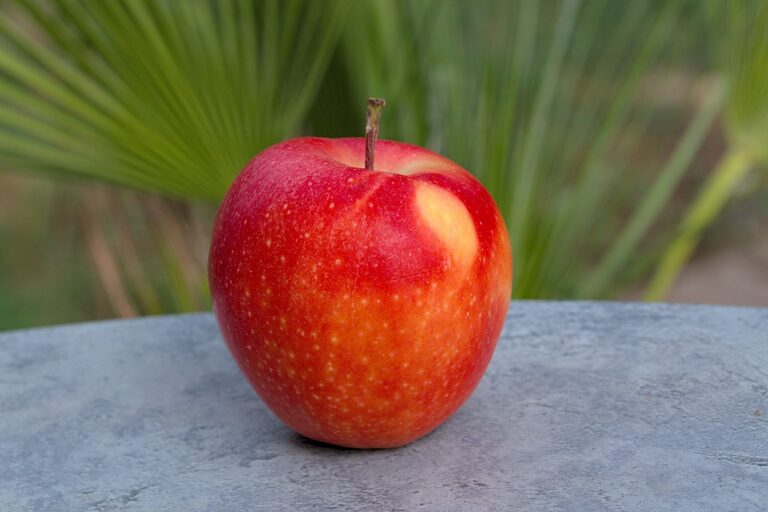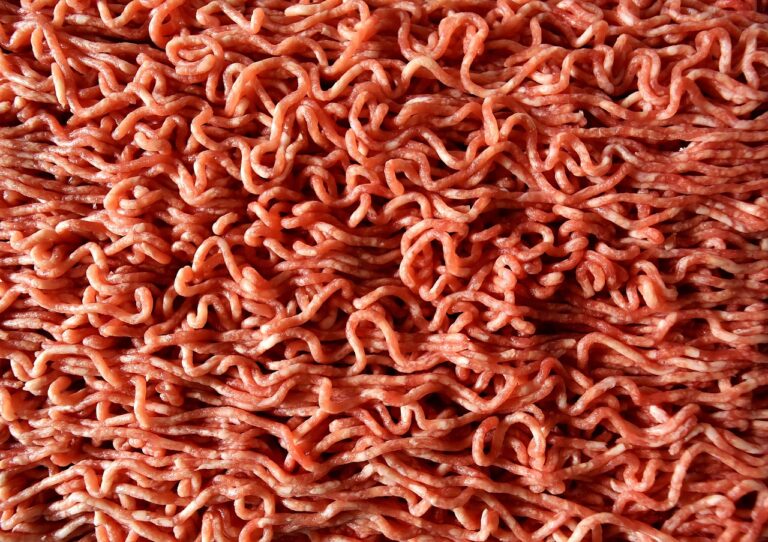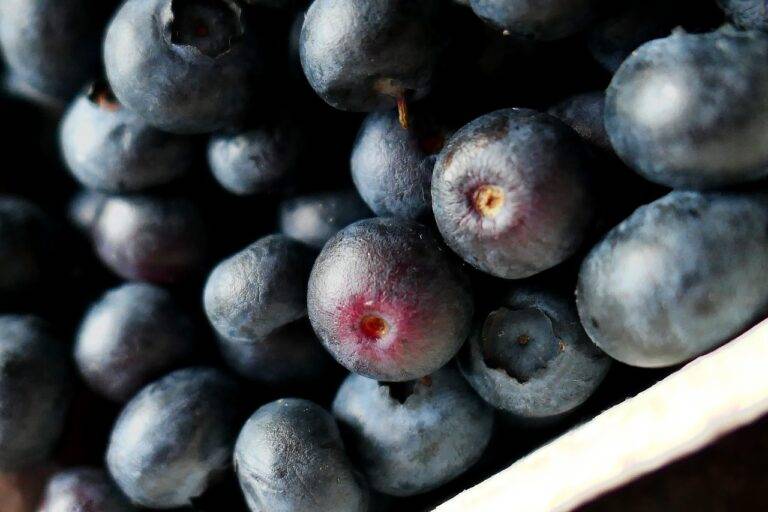Understanding the Link Between Diet and Gallbladder Health: Allpanel 777.com, Laser book 247, 99exch.com login
allpanel 777.com, laser book 247, 99exch.com login: Understanding the Link Between Diet and Gallbladder Health
Have you ever experienced a sharp pain in your upper abdomen after indulging in a particularly fatty meal? If so, you may be experiencing symptoms of gallbladder issues. The gallbladder is a small organ located beneath the liver that plays a crucial role in the digestive process. Understanding how your diet can impact your gallbladder health is essential for preventing problems down the line. In this article, we will explore the link between diet and gallbladder health and provide tips on how to keep your gallbladder happy and healthy.
The Gallbladder: A Brief Overview
Before we dive into the relationship between diet and gallbladder health, let’s first understand the role of the gallbladder in the body. The gallbladder is responsible for storing bile, a fluid produced by the liver that aids in the digestion of fats. When you consume a fatty meal, the gallbladder releases bile into the small intestine to help break down the fats so that they can be absorbed by the body.
When the gallbladder is not functioning properly, it can lead to a range of issues, including gallstones, inflammation, and infection. These problems can cause symptoms such as abdominal pain, bloating, nausea, and even jaundice in severe cases.
The Link Between Diet and Gallbladder Health
The foods you eat can have a significant impact on your gallbladder health. A diet high in fat, cholesterol, and processed foods can increase the risk of developing gallbladder problems. On the other hand, a diet rich in fiber, fruits, vegetables, and whole grains can help support gallbladder function and reduce the likelihood of developing gallstones.
Here are some dietary tips to help keep your gallbladder healthy:
1. Limit your intake of saturated and trans fats: Foods such as red meat, fried foods, and processed snacks are high in unhealthy fats that can contribute to gallstone formation. Instead, opt for lean protein sources like poultry, fish, and legumes.
2. Increase your fiber intake: Fiber helps to regulate digestion and can prevent constipation, which is a risk factor for gallstones. Include plenty of fruits, vegetables, whole grains, and legumes in your diet to support a healthy gallbladder.
3. Stay hydrated: Drinking an adequate amount of water is essential for maintaining good gallbladder health. Water helps to flush out toxins and prevent the formation of gallstones.
4. Eat smaller, more frequent meals: Large, heavy meals can put a strain on the gallbladder and lead to digestive issues. Instead, opt for smaller, more frequent meals throughout the day to support healthy digestion.
5. Avoid rapid weight loss: Crash diets and extreme weight loss can increase the risk of developing gallstones. Aim for slow, steady weight loss through a combination of healthy eating and regular exercise.
6. Incorporate foods that support gallbladder health: Certain foods, such as olive oil, turmeric, ginger, and beetroot, are believed to support gallbladder function and may help prevent gallstone formation.
In addition to following these dietary tips, it’s essential to maintain a healthy lifestyle overall to support gallbladder health. Regular exercise, maintaining a healthy weight, and avoiding smoking and excessive alcohol consumption can all help reduce the risk of gallbladder problems.
FAQs
Q: Can gallbladder problems be reversed through diet alone?
A: In some cases, making dietary changes can help improve gallbladder function and reduce symptoms. However, severe gallbladder issues may require medical intervention, such as surgery, to address the underlying problem.
Q: What are the most common symptoms of gallbladder problems?
A: Common symptoms of gallbladder problems include abdominal pain, bloating, nausea, vomiting, and jaundice. If you experience any of these symptoms, it’s essential to seek medical attention promptly.
Q: Are there any specific foods that should be avoided to support gallbladder health?
A: While everyone’s dietary needs are different, it’s generally recommended to avoid or limit foods high in saturated and trans fats, processed foods, sugar, and refined carbohydrates to support gallbladder health.
In conclusion, maintaining a healthy diet is crucial for supporting gallbladder health and reducing the risk of developing gallbladder problems. By following a diet rich in fiber, fruits, vegetables, and whole grains, while limiting saturated fats and processed foods, you can help keep your gallbladder happy and healthy for years to come. Remember to consult with your healthcare provider if you have concerns about your gallbladder health or experience any symptoms of gallbladder problems.







